6. In the Realm of the Senses
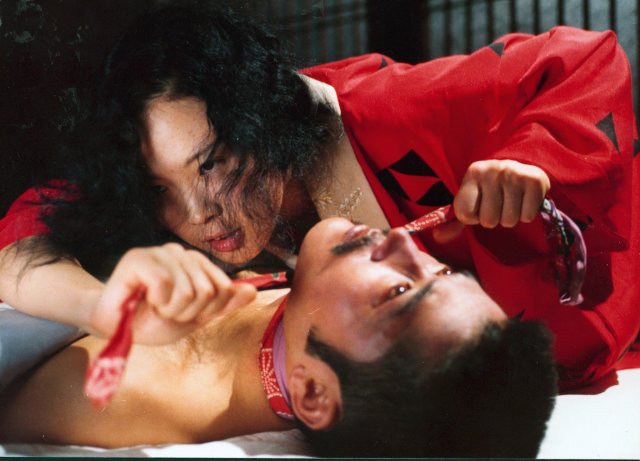
Another instance of toxic love, Nagisa Oshima’s film “In the Realm of the Senses” contrasts and compares the society of imperial Japan with the insanity of love. The youth of Japan is not concerned with the dangerous political direction their country is taking, and the lovers Kichizo and Sada are in the same way unconcerned about the disastrous ramifications of their love games; they have submitted to the excitement of their primal senses.
The physical pleasure between Kichi and Sada are not manifestations of their love toward each other, but a direct rebellion against society and a ladder for self-approval for Sada. She is not bothered that her demands toward her once-master now-lover Kichi can be life-threatening for him; she is satisfied that the power equations have been reversed.
Now she only cares about her own pleasure and after a while, Kichi submits to his fate, just like the populace of Japan. Sada carries the severed penis of Kichi in broad daylight like a trophy because that is what romance is to her.
“In the Realm of the Senses” dissects the political and social landscape of romance foregrounding the wide issues of Japan, and it is once again proven that the idea of romance prevalent in society is only present to maintain stability and the biggest lie in itself.
7. Eyes Wide Shut
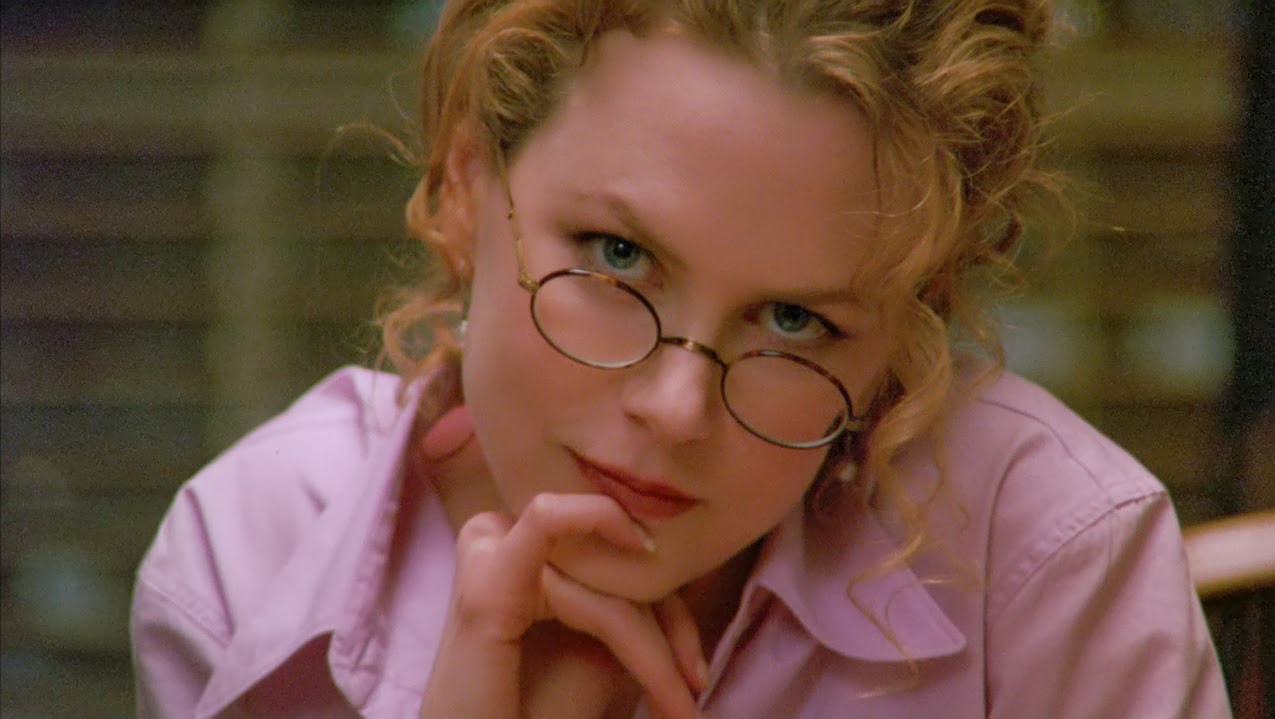
In the last frame of Stanley Kubrick’s swan song, Alice says to Dr. Bill Harford, “We need to fuck.” Even if that’s discovered to be the missing item in their marriage, it was not the only headache in their relationship.
Alice is driven by jealousy, sexual agony, and a whole lot of narcissism in the film. Other than taking the obvious route, she deliberately fuelled the jealousy of Bill by telling him about her erotic fantasies. She likes to compete with Bill after seeing him flirt with other women.
In Alice’s short screen time, Nicole Kidman’s character spent a lot of her time watching herself in the mirror. She is interested in how marriage looks by fixing her eyes in her own reflection in the mirror. That’s why the first frame of the film is in the bathroom, where the animal instinct of Alice is still keen on her own self-image. This is one of the greatest explorations of marriage on the screen that would convince any bachelor to put off the big celebration in his life.
8. Bitter Moon
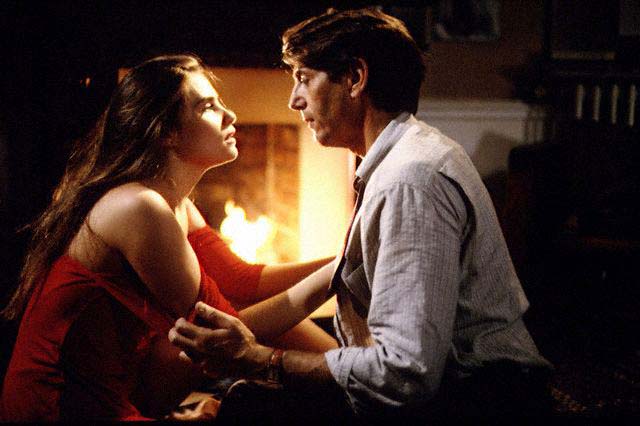
Roman Polanski’s erotic drama “Bitter Moon” starts like an epic romantic saga involving the young Nigel and Fiona, who are celebrating their seventh anniversary in the middle of the ocean on a cruise, until storm brewed in the sky changes the whole narrative of romance.
In typical fashion, the marriage of the young couple is contrasted with the experienced outcome of the relationship between wheelchair-bound Oscar and Mimi. Oscar starts to narrate the story of their young romance to Nigel, and midway in the story, the tale takes a feminist and cruel turn, where now Mimi tries to overtrump the cruelty shown to her to Oscar. By the time the tale is finished, the course of events takes a more violent turn, and the relationship of the young couple is greatly tested.
9. Love
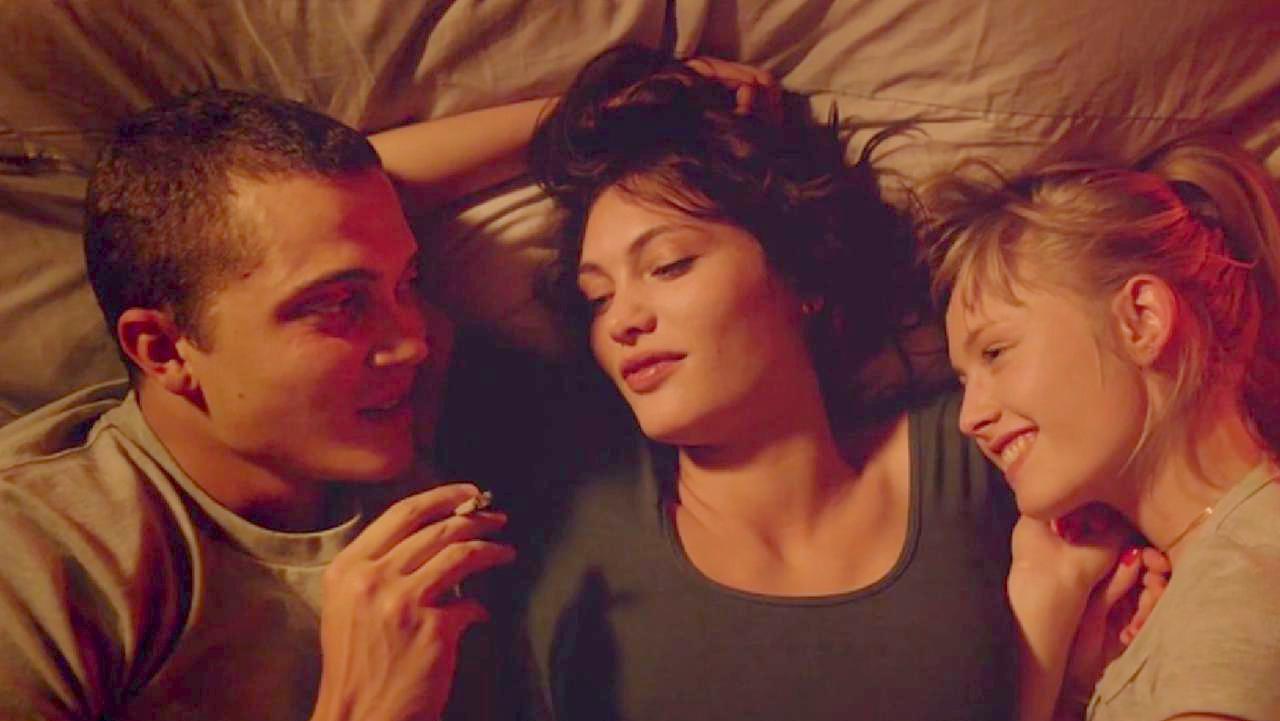
American film student Murphy dreams of making a documentary on love, and seems to have a great romantic and sexually charged relationship with his French girlfriend Electra. But as Murphy’s law states, whatever’s going to happen will happen, and their relationship deteriorates over the course of time and Murphy realizes he is more alone and vulnerable than ever.
Boasting wonderful cinematography by Benoit Debie, Noe states romance as a disease from which there is no escape. The viewer identifies with Murphy’s pain but despises him at the same time for being a dick. This is not an observation of anti-romance from a distance, but Noe places the viewer as close as he can, physically and mentally, to the cursed protagonist.
10. 45 Years
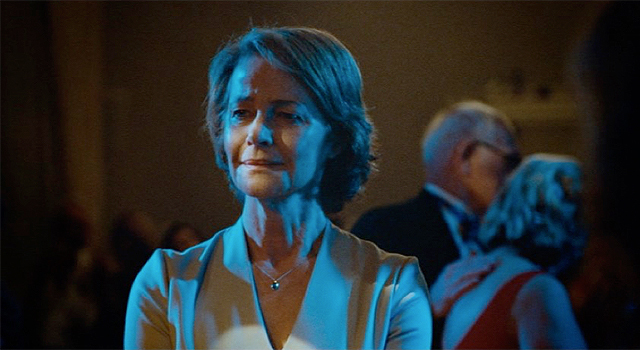
If honesty doesn’t grow in a couple over 45 years, when will they grow? In his long married life, Geoff has only once briefly talked about his past lover Katya to his wife Kate, and didn’t mention anything else. In the wake of their anniversary, Geoff receives a letter that states that the body is Katya has been discovered in Switzerland, as she was missing after an accident on a glacier. He decides to visit Switzerland without telling his wife of the plan.
Now Kate starts to question the purpose of their marriage, and upon investigation, discovers that the pictures of Katya, which Geoff secretly locked up in the attic; she is strangely similar to Kate’s young days and they share a name. She also questions their decision to not have children when she discovered that Katya was pregnant at the time of her demise.
The film takes a subtle “Vertigo” vibe, where the purpose of the marriage is only to treasure the memories of an old lover in a delicate way. A phenomenal study on arranged romance, “45 Years” discusses the true nature of romance or anti-romance in the normal livelihood of people in a strange and beautiful way.